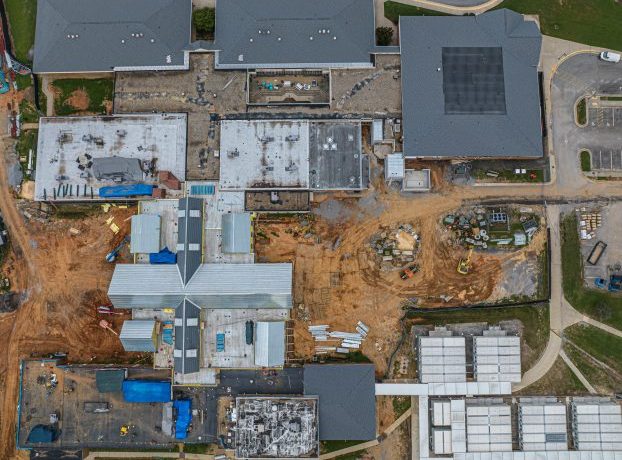Devotional: Ramadan: Improving spiritual fitness
Published 2:00 pm Friday, March 24, 2023
|
Getting your Trinity Audio player ready...
|
A common characteristic among people of Abrahamic faiths is the practice of fasting. For Muslims fasting is observed during the month of Ramadan, the ninth month of the Lunar Calendar. This year the Fast began this week. Our Omnipotent Creator reminds us that, “Fasting was prescribed for you as it was prescribed for those before you, so that you may learn self-restraint and God-Consciousness” (Qur’an 2:183).
In the Old Testament, we find these words. “Therefore, also now saith the Lord, turn ye (you) even to me with all your heart, and with fasting, and with weeping, and with mourning;” (Joel 2:12). People that are guided by Jewish traditions celebrate Yom Kippur; and Christians observe fasting on Ash Wednesday, Good Friday, and the days of Lent. The lessons learned by self-restraint are important aspects of human growth and development. That is why we find reference to fasting among individuals of almost all faiths.
The duration of fasting varies from one day to as many as forty among these faith groups. Although the particular procedures of each are different, the desired outcome is collectively consistent — i.e., learning to control one’s physical appetites while focusing on spiritual development. Fasting teaches self-control and strengthens our God-Consciousness.
Trending
The Ramadan fast lasts for 29 or 30 days, divided into three periods of spiritual reflection. The first 10 days remind us of The Almighty’s gifts to us for our physical and spiritual development. Denying oneself food and drink brings Our Creator’s abundant provisions to the forefront of our minds.
Forgiveness of our sins is characteristic of the middle 10 days. Strict observance of prayer and daily reading of His words in the Qur’an reinforces our desire for nearness to Him. For these sacrifices, He rewards us by forgiving our sins.
The final 10 days are distinguished by freedom from Hellfire: i.e., those practices that cater to our self-serving appetites that undermine our spiritual development. Denial of food and drink from dawn to sunset has taught our physical bodies that their needs are less consequential than those of our spiritual development.
The meaning of the word “Ramadan” speaks to the burning hunger and thirst experienced by believers. Denying one’s body food and drink develops the power of self-control. Eid Al-Fitra, the prayer, and celebration at the end of the month is a celebration of man’s mastery over physical appetites in favor of spiritual growth.
QADIR ABDUS-SABUR, PH.D. is an Imam at the Islamic Center of Prince Edward. His email address is qas1944@gmail.com.






